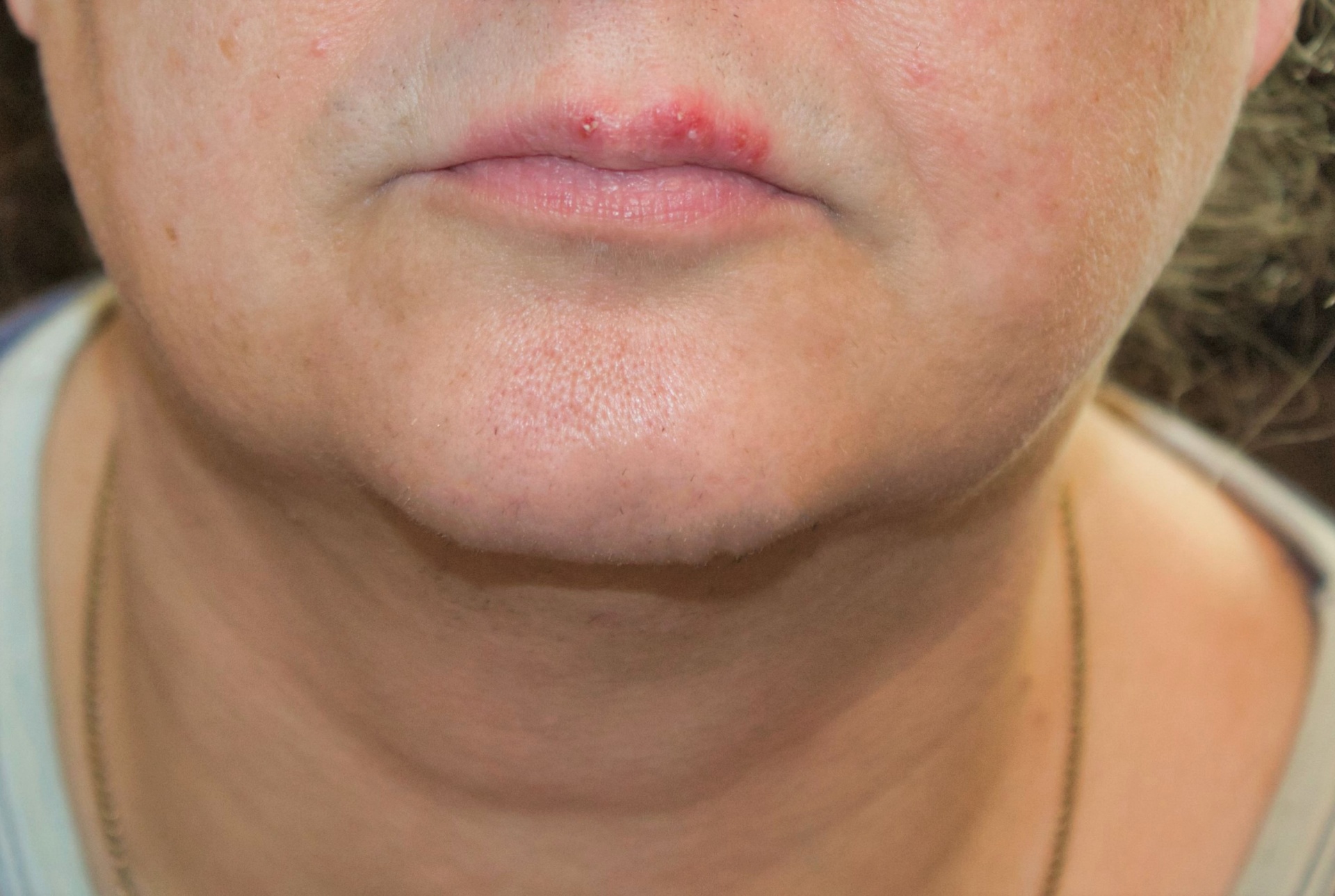The spleen is a part of the immune system of the human body. The organ, just the size of a fist, plays a vital role in keeping bacteria and infections at bay. It is present in the upper left abdominal area under the 9th to 11th ribs of the ribcage. A ruptured spleen is a term used for the tear in the spleen’s tissue that causes internal bleeding. This condition, if ignored, can be life-threatening and can cause loss of life.
The spleen contains white blood cells or WBCs. These cells are the army of our body that fights against invaders. And here the invaders are bacteria, viruses, and other sorts of infections. Another important function of the spleen is that it filters old and dead red blood cells from the blood circulation.
What is a ruptured spleen?
Splenic rupture is the term that relates to the rupture of the spleen. This leads to the leakage of blood into the abdominal area.
The spleen is encapsulated by a tissue membrane called the splenic capsule. This capsule covers the whole organ except at the places where blood vessels—arteries and veins—enter. The main reason for this tissue is that it protects the organ from any sort of sudden shocks or injuries. Therefore, it acts as a protective blanket for the spleen.
The rupture of the spleen occurs when this protective tissue gets perforated (ruptured) due to certain causes. This rupture leads to the flow of blood into the abdominal area, causing internal bleeding. And internal bleeding can be fatal for a person. This can cause damage to other organs if the bleeding doesn’t stop.
Reasons for splenic rupture
Splenic ruptures occur for many possible reasons. These might happen because of blunt trauma or injury. The most frequent causes of a ruptured spleen are blunt traumas. And these can make the spleen rupture severe if the hit is too hard or the organs take the blow of the traumatic incident.
The most probable causes of a ruptured spleen are:
- Accidents — a bike accident with a hit into the handlebars or something sharp.
- Injury from contacts during sports like football and hockey.
- Assault
- Diseases or illnesses that cause the spleen to swell.
Diseases such as malaria or mononucleosis, an infectious disease that causes a ruptured spleen, sometimes cause the organ to swell. However, the chances of getting a ruptured spleen from these diseases are very low. But these are one possibility that is responsible for the condition.
The swelling of the spleen also causes the outer protective tissue to thin. This makes the tissue vulnerable to rupture.
What are the symptoms of a ruptured spleen?
The symptoms are the first physical alarms that will go off in your body. And ignoring them would be a fool’s mistake. Therefore, always try to hear your body if it is trying to talk to you.
There are many symptoms that relate to the ruptured spleen. If you have any of these symptoms, you should immediately contact your doctor.
The symptoms of a ruptured spleen are:
- Low blood pressure
- Nausea
- Abdominal pain
- Fainting
- Blurred vision
- Pain in the left shoulder
The left shoulder pain relates to this condition because the nerves of the left abdomen and left shoulder originate from the same spot. Therefore, this can cause irritation to the nerves that evoke pain in the left shoulder.
All these symptoms relate to the rapture in the spleen. Although these symptoms can relate to any other condition, don’t jump to any conclusion before getting professional advice.
Other symptoms that relate to the physical appearance are swollen abdominal areas and the area feels hard when touched. In most severe cases of the ruptured spleen, there’s a sudden plummet in the blood pressure. So, it’s better to get the pain and symptoms reviewed by the doctor before it’s too late.
How is a ruptured spleen diagnosed?
The diagnosis of a splenic rupture happens through physical tests, CT scans, ultrasounds, or MRI of the abdominal area.
Physical diagnosis: First, the doctor will look for any sort of physical symptoms by touching the area around your abdomen. This includes feeling the belly area to diagnose any swelling or sturdiness in the muscles. Also, the doctor will ask for your medical history. This is to make sure that the symptoms are related to the condition of the ruptured spleen.
Noting the vitals: The doctor may also check your blood pressure and heart rate levels.
Computer tomography with contrast: For an imaging test, computer tomography is done to diagnose the splenic rupture. Doctors perform CT along with injecting a substance called contrast. This substance is injected through the arm into the blood vein. The function of contrast is to get accurate information about bleeding flow from the spleen. However, this test isn’t favorable in cases of emergencies because it takes too long to diagnose.
A CT scan with contrast is also not done on people with poor kidney functionality or if someone is allergic to contrast.
Ultrasound: Ultrasound tells about the blood leakage in the abdominal area. But, it doesn’t tell us about the amount of blood leakage from the organ. In severe cases that need immediate surgery, a doctor might perform a quick ultrasound, followed by the surgery.
MRI of the abdomen: This is done on patients who are allergic to contrast tests or have kidney infections.
Laboratory test: If a person with a ruptured spleen is stable, then doctors may perform some blood tests like CBC (Complete Body Count) or check the level of hemoglobin in the blood.
With the diagnosis, the doctor tells you about the severity of the condition and if there’s too much internal bleeding or not. A ruptured spleen is a condition that can be treated at an early stage. However, there’s too much internal bleeding and the situation may get worse with time.
How is a ruptured spleen treated?
Splenic ruptures can be fatal when there’s a lot of internal bleeding. And in many cases, it may lead to the loss of life if the treatment is delayed. So, if you experience any sort of discomfort in the left upper region of your stomach, you should immediately visit your doctor.
The treatment of the ruptured spleen will depend on the severity of the rupture. If the patient’s vitals are normal, then in most cases, a doctor will try to save the spleen.
Otherwise, in emergencies, the splenic ruptures are treated with surgery. In the surgery, doctors remove the organ, and the process is known as “splenectomy.” A person can live without a spleen, but the tendency to fight infections weakens after the removal of the spleen. This is because the organ plays an important part in fighting the invasions of bacteria or infections.
A person after splenectomy may have to take antibiotics to prevent any sort of infection. However, if the tear in the spleen is not severe, then it will be the first priority of doctors to save the organ. In such cases, a doctor may treat the tear or might try to stop the blood flow by putting pressure on the blood vessels. This is done to stop the bleeding until the blood clots.
If the injury to the spleen is not that severe, in such cases, the spleen will heal itself and may function properly. But, it’s still worth it to pay a visit to your doctor, even in the case of minor discomfort.
Conclusion
The spleen is a vital organ that plays its part by protecting our body from the unnecessary invasion of infections and bacteria. It’s a part of the immune system that contains white blood cells (an army of our body). The rupture in the spleen can be caused by a number of factors, such as accidents, diseases, or assault. And to diagnose and treat splenic ruptures, doctors may use many methods that entirely depend on the stability or non-stability of the vitals of the patient.
However, if you happen to have any of the sorts of symptoms discussed in this article, you should immediately contact your doctor. If treated early, the whole organ can be saved, but the delay can cause surgery that leads to the organ’s removal. Also, the condition can be life-threatening. Therefore, it is best to act quickly on any symptoms related to a ruptured spleen.




